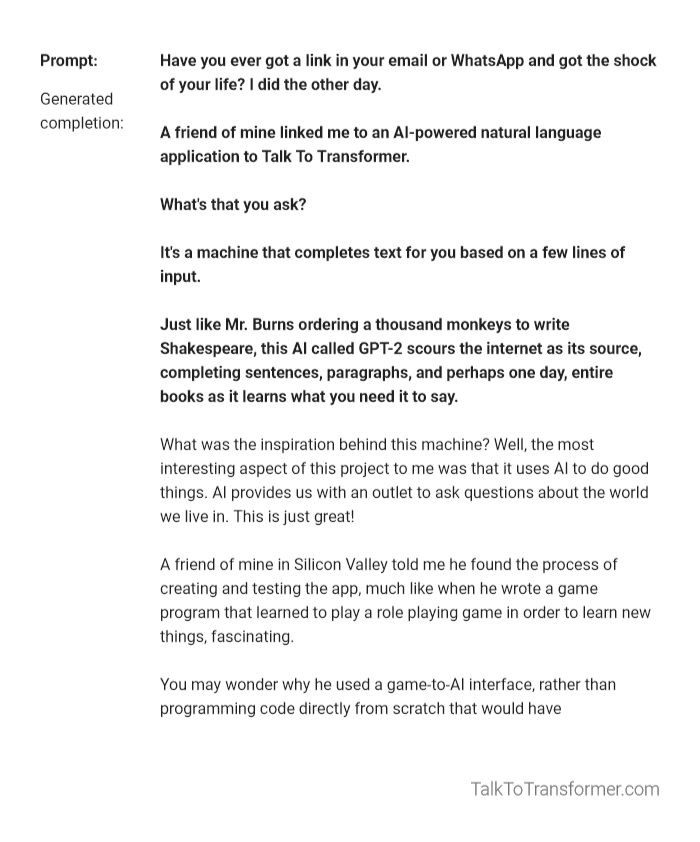Last year, I was pitted against a client turned enemy - someone I’d trusted until one day…he simply refused to pay.
Until a business owner is faced with a bad debtor, it’s hard figuring out what to do. Thanks to some help from friends, family, and the good people over at Flying Solo, I tried my hardest to recover what was owed to me.
Enter Client X
Client X, as I’ll describe him, was something of an entrepreneur himself. He had a few fingers in more than a few pies. He dabbled in marketing, lead generation, and sales of parts in the construction industry. He hired me to bolster his personal brand. This was in August of last year.
I wrote some blogs based on his opinions, which he supplied to me. He also asked me to come up with some “inspirational quotes” for his Instagram. The type successful people never post on Instagram, because they’re too busy chasing the next opportunity. I digress.
As usual, I sent my invoices out with 14 day terms.
As the 14th day arrived, I sent out a reminder. Then an overdue reminder. And another. Then another.
After about a week or two, Client X confessed he was having trouble with his own debtors. I sympathised, and suggested we work out a payment plan. He paid about 20% of the invoice and promised to pay the rest off over the next four weeks.
The payments never came.
What to do? My only real recourse was to send him a Letter of Demand. This came back “return to sender” and “no such address.” Something I didn’t expect, since I gained the details from an ASIC extract.
So I had to go down the legal route. I told Client X by way of my assistant I’d take the case before VCAT.
I did.
I won (plus the VCAT fee.)
It wasn’t enough.
He came back with a laundry list of excuses as to why he wouldn’t pay. He said the company had no assets, and all he’d be willing to give me was another 20% of what I was owed.
I told him that was unacceptable.
Enter CreditorWatch
The drama dragged on into December. I was at a wits’s end. I turned to the Flying Solo forums. Many offered a bit of camraderie, but similar head scratching. Until Tracy Fowler replied:
There are a couple of things you can do. You can list a default against him with a credit reporting agency... this will affect his credit rating for a period of 5 years whenever he goes for finance, as he is a director, it will affect his personal rating as well. You must give adequate notice of your intent to list a default... I usually send 3 emails or letters giving 7 days to respond, with the fourth contact 3 days later, and the fifth and final notice on the day I intend on listing the default. For the default, I would recommend using Creditorwatch, there is a $20 or $30 monthly fee for joining, but it gives you up to 5 credit reports, (which everyone should use prior to giving credit terms) and listing defaults are free. Creditorwatch are only for B2B transactions and the debt has to be over $150.00…
I have had debtors come back 2 years after a default and pay the debt and costs to have the default amended to paid, so that they can obtain finance. There are no guarantees, but at least it is a warning to others.
The other thing you can do is take yourself off to the local magistrates court and use the VCAT order to obtain judgement. This also stays on their credit file for 5 years, and affects their ability to obtain finance in the future.
I knew about filing defaults against individuals from my finance copywriting, but not about companies - this was golden advice.
Once I wielded the word default aloft like Excalibur, the fur started to fly.
“I’ll Sue for Deformation”
Client X was dogged in his determination to hold on to his money. When I said I’d lodge a default against his company through CreditorWatch, he was furious.
He ranted and raved that he’d sue me for “deformation” (I think he meant defamation) even though I’d dotted every “i” when it came to getting what I was owed. He said he’d get my default “removed within a day”. I retorted (perhaps cheekily) that if he had enough money to pay for a lawyer, he had enough money to pay me the full amount.
December rolled into January 2019, and I did indeed register a default against his company. This company is now in voluntary administration. Will I ever see the money? I doubt I have a Cuba Gooding, Jr. like confidence to shout it at anyone in particular.
The Lesson
Some friends asked why I just didn’t take the money and settle it. At one point, I tried. He wasn’t acting in good faith, and I rescinded the offer. He was trying to get this monkey off his back by any way possible.
What Client X owed me wasn’t a massive amount (less than $500), but it was significant. Either way, it was the principle of the thing. If I allow myself to get fleeced, have my boundaries violated, then who else might take advantage? As a solo business owner, I value my time, which is why I dare make a living off it.
I think as a professional communicator, the meta-communication in this says “If you value my product, you must also value my time - and I trade my time for money.” I hope other soloists and small business owners can learn from my experience. As frustrating as they were.
Paul from the FS forums summed it up best: “Order work, then pay for it.”
Special thanks to Tracy at BDM Credit Management for all her help and advice!














